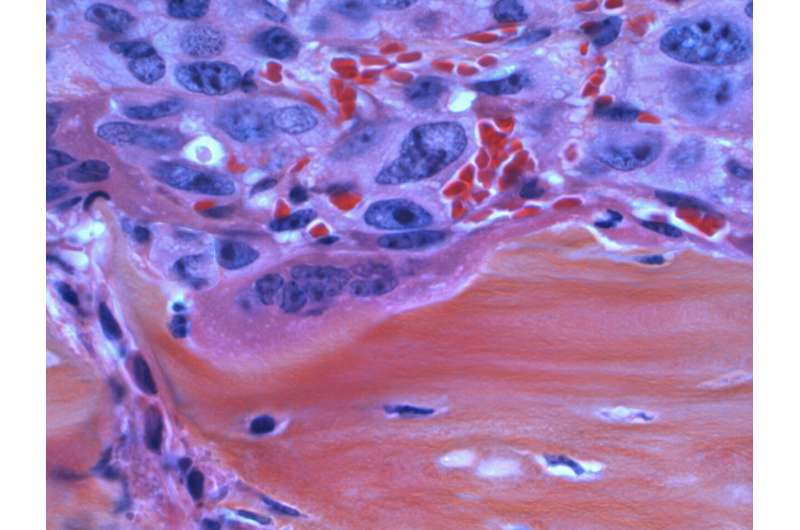Cost-Effective Strategies to Manage Food Allergies at Summer Camps

A recent UVA study explores affordable and effective strategies for managing food allergies at summer camps, emphasizing stock epinephrine to protect children from life-threatening reactions.
Summer camp is an exciting time for children, but for those with food allergies, it can also be a source of anxiety for parents. Recent research from UVA Health highlights practical and affordable options to ensure children with food allergies stay safe during their camp experiences. The study emphasizes that having a supply of stock epinephrine—such as autoinjectors kept on-site—can be a highly effective and economical strategy compared to relying solely on children to bring their own devices. Dr. Kathleen A. Noorbakhsh, a pediatric emergency medicine specialist, explained that quick administration of epinephrine during anaphylaxis significantly improves outcomes, making stock supplies valuable even in the camp environment.
The research analyzed various strategies, including stock autoinjectors, nasal sprays, nurse-administered epinephrine, and camper-provided autoinjectors, using a hypothetical group of 10,000 children. Findings suggested that most residential camps would benefit the most from stocking two twin packs of epinephrine autoinjectors and advising campers to leave their personal autoinjectors at home, at an estimated cost of about $4.33 per camper. This approach proves most cost-effective, especially for large camps or those with many children with food allergies.
For camps with fewer children or low allergy prevalence, allowing campers to bring their autoinjectors may remain the best option. The increasing availability of lower-cost epinephrine options and evolving regulations make stock epinephrine a feasible and potentially more widespread solution in the future. The study underscores the importance of tailored strategies for differing camp sizes and resources.
Ultimately, Dr. Noorbakhsh hopes this analysis guides camps in adopting safety measures suited to their specific needs, promoting preparedness and safeguarding children's health. The research, published in Pediatrics, serves as a valuable framework for camps, families, and policymakers to optimize allergic emergency responses and protect vulnerable children during summer activities.
Stay Updated with Mia's Feed
Get the latest health & wellness insights delivered straight to your inbox.
Related Articles
Integrated Laboratory Techniques Provide Deeper Insights into Aggressive Brain Tumors
Innovative use of combined laboratory techniques on small tumor biopsies provides deep insights into glioblastoma's biology, opening new horizons for personalized cancer treatment.
Ghana Reports First Mpox Fatality Amid Rising Cases
Ghana records its first Mpox death amid a surge in cases, with over 250 infections since June 2022. Public health measures including vaccination are being prepared to contain the outbreak.
Artificial Intelligence Enhances Pathologists' Interpretation of Tissue Samples
A groundbreaking study shows AI's significant role in improving the accuracy and consistency of tissue sample analysis in melanoma diagnosis, paving the way for enhanced clinical pathology.
Revolutionizing Skin Cancer Detection with AI: A New Tool for Doctors
A new AI system called PanDerm enhances skin cancer detection by analyzing multiple skin images simultaneously, improving accuracy and supporting clinicians in early diagnosis.



